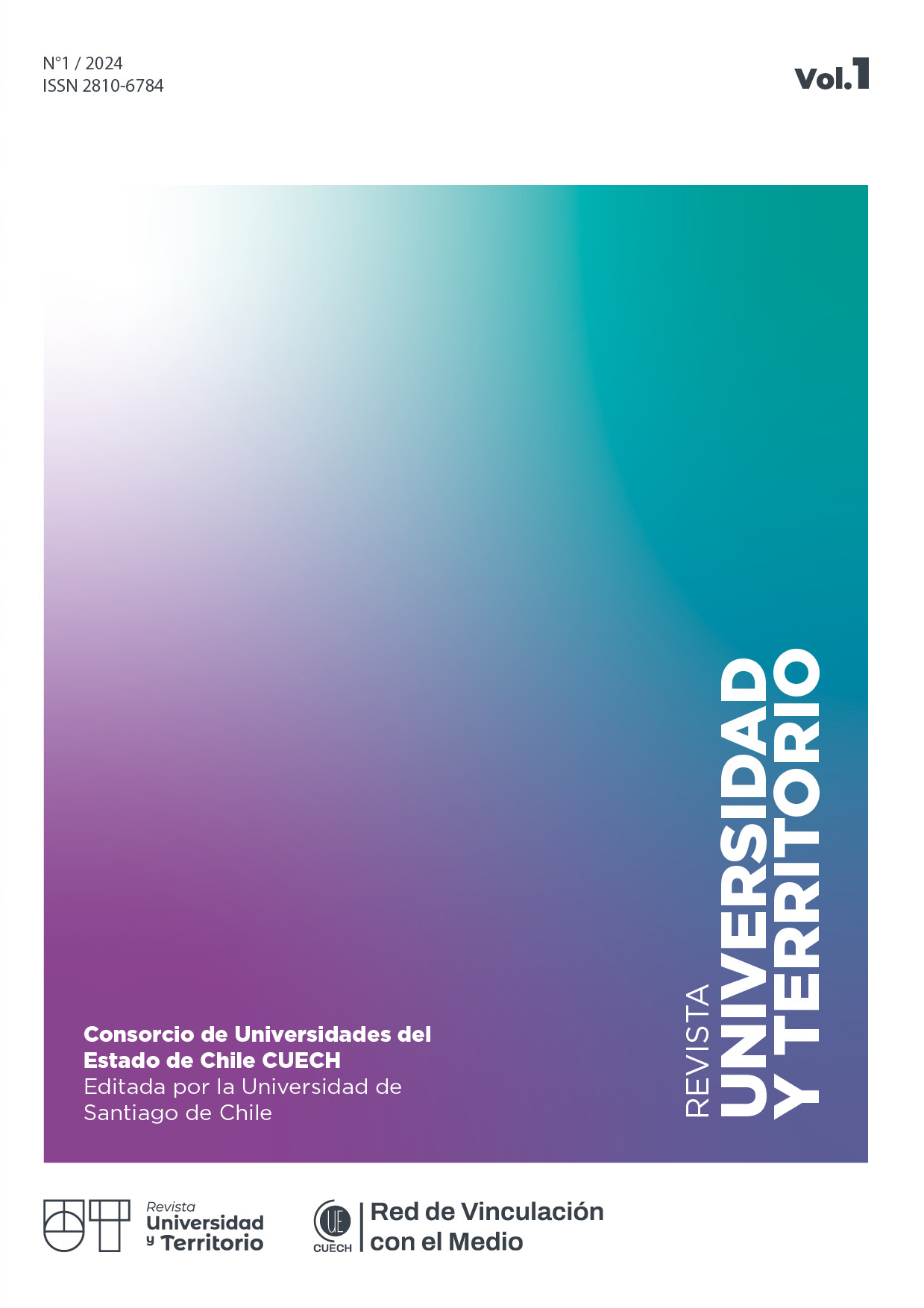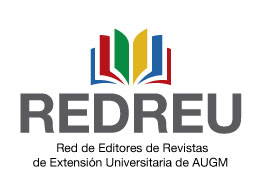Community engagement in Chile: academic debate and empirical research
DOI:
https://doi.org/10.35588/rutvol1n1.01Keywords:
Community engagement, Third mission, Accountability, Latin American UniversitiesAbstract
The recent legislation in Chile on community engagement has created new institutionalization processes that emphasize accountability, management models, and standardization of community engagement, creating tensions between state authorities, institutions, and professionals. In response, researchers have developed new essays and empirical research, created university networks, and organized national seminars and international conferences. This reflects a growing interest in the subject and the emergence of a new field of research in Chile. The aim of this article is to analyze this emerging field of research and describe its main themes and critical issues. For this purpose, it is based on a systematic review of the literature on community engagement, including 40 publications. As part of the results, two theoretical currents are identified: an adaptive and a critical one. Following the conceptual scheme of Fransman (2018), it is described how community engagement, being framed in accountability, privileges studies situated in narratives and institutions, leaving studies on practices, identities and artifacts in a second place. The article concludes with a call to broaden the questions and themes for future research.







